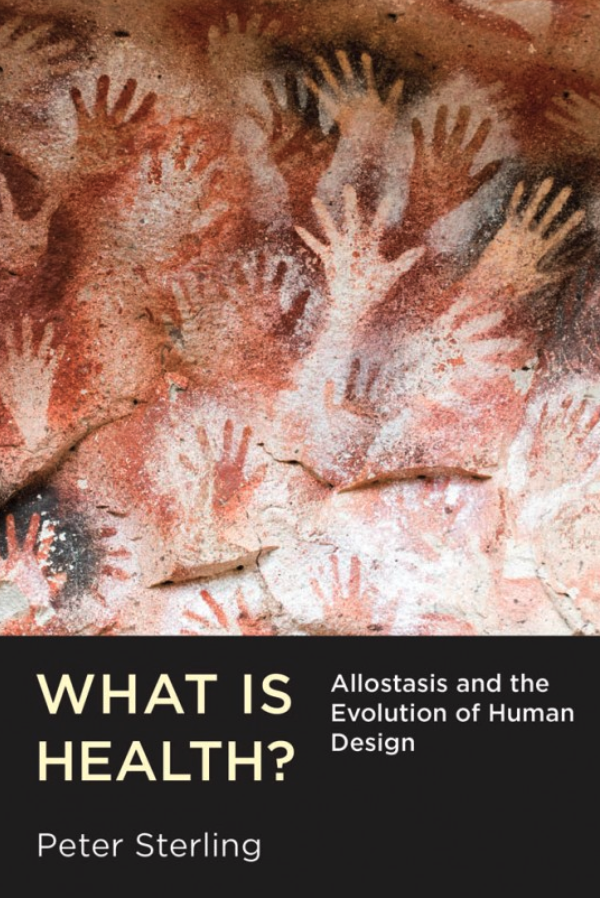
Join us to learn from Peter Sterling as he discusses his most recent book What is Health?: Allostasis and the Evolution of Human Design.
Doctors are taught in medical school to regard health as a list of normal lab values.
- the body is viewed as a self-regulating machine which steadies these values automatically, like a thermostat.
- when something causes a sustained deviation, that is un-health or dis-ease.
- restore the value with a drug, and that is health.
This view explains many immediate causes of mortality - for example, if blood pressure rises for long periods, it causes vessels to clog and rupture, as in heart attack or stroke, and the idea is to block this rise with a drug. However, it doesn't explain what causes the pressure to rise, nor why it doesn't self-correct. It also doesn’t address why, despite drugs to reduce pressure, hypertension persists as a major killer or why hypertension is more prevalent among African Americans. This body-centered view of homeostasis always blames “bad genes”.
But this view omits the brain!
- brain monitors all internal values, such as pressure, temperature, sugar, salt and so on to predict what will be needed.
- brain also evaluates external context, such as availability of nutrients, water, shelter, and danger.
- brain then integrates needs plus context to select behaviors, physiology, and metabolism that provide “just enough, just in time”.
- such predictive control, because it prevents errors, is highly efficient.
Once we grasp that the brain is in charge, we reach a new definition of health: health is not constancy or homeostasis. Rather it is responsiveness––the capacity to adapt to constant change. This is allostasis.
Join the discussion and gain new insights to take with you in reconsidering What is Health? This opportunity is open to any student regardless of course of study, but might be of particular interest to anyone who is considering a career anywhere within the allied health professions.
If you have any questions, contact Diane Wright.